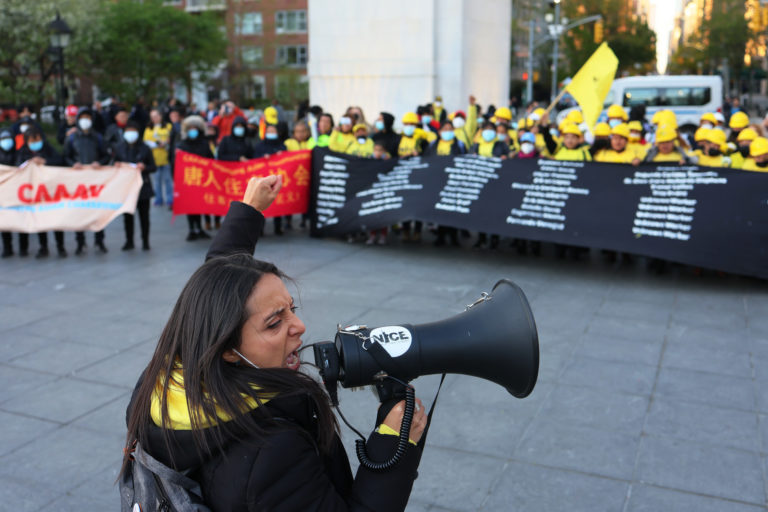Alexander W. Miller is a student at Harvard Law School.
The final Democratic presidential nominating contest took place last Tuesday, but stark divisions within the labor movement revealed by the campaign continue to play out in the unexpectedly strong primary challenge to Representative Debbie Wasserman Schultz, chair of the Democratic National Committee. Late Saturday, a group of Florida unions including the Federation of Public Employees endorsed her, splitting labor support in the race. National Nurses United and the Communications Workers of America have both endorsed Wasserman Schultz’s opponent, attorney Tim Canova, and she failed to win the endorsement of the AFL-CIO for the first time in 24 years.
Earlier this month, the California State Assembly voted down a bill that would have extended overtime pay to more than 400,000 agricultural workers and filled a gap left by the federal Fair Labor Standards Act. Salon covers the changing political dynamics behind the farm worker labor movement in the state, including the surprising resistance to the wage increase among some Democratic legislators.
At the New York Times, Patricia Cohen reports on a new Obama Administration push to reduce onerous state employment licensing requirements. The White House announced on Friday $7.5 million in grants to organizations working to help states reduce the burden of doing business in professions as diverse as dog massage and citrus fruit packing. The move to ameliorate licensing costs comes as a rare point of consensus between Congress and the President, with economists across the political spectrum also agreeing that many requirements are designed more to restrict competition with existing providers than boost consumer health and safety.
Following up on our earlier coverage of Chilean President Michelle Bachelet’s efforts to reform the country’s labor market by strengthening unions, the government acknowledged on Friday that it lacked the votes to replace several key aspects of the reform struck down by Chile’s Constitutional Tribunal in April. The court had invalidated provisions allowing unions to secure status as exclusive bargaining representatives during negotiations and prohibiting companies from giving some benefits to non-union employees. Several additional reforms, such as tight limits on when striking workers can be replaced, will still go into effect.






Daily News & Commentary
Start your day with our roundup of the latest labor developments. See all
December 22
Worker-friendly legislation enacted in New York; UW Professor wins free speech case; Trucking company ordered to pay $23 million to Teamsters.
December 21
Argentine unions march against labor law reform; WNBA players vote to authorize a strike; and the NLRB prepares to clear its backlog.
December 19
Labor law professors file an amici curiae and the NLRB regains quorum.
December 18
New Jersey adopts disparate impact rules; Teamsters oppose railroad merger; court pauses more shutdown layoffs.
December 17
The TSA suspends a labor union representing 47,000 officers for a second time; the Trump administration seeks to recruit over 1,000 artificial intelligence experts to the federal workforce; and the New York Times reports on the tumultuous changes that U.S. labor relations has seen over the past year.
December 16
Second Circuit affirms dismissal of former collegiate athletes’ antitrust suit; UPS will invest $120 million in truck-unloading robots; Sharon Block argues there are reasons for optimism about labor’s future.